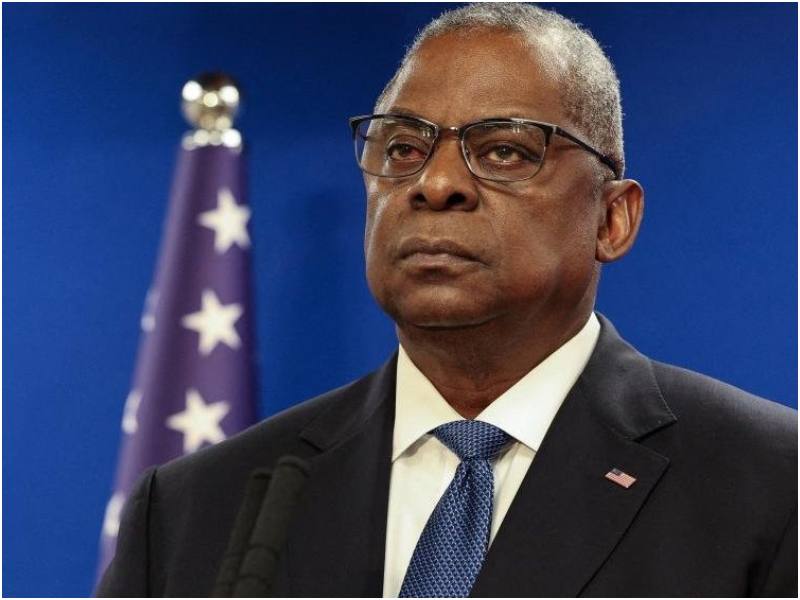U.S. Defense Secretary Lloyd Austin has intervened to reject a plea deal that would have allowed three alleged planners of the September 11, 2001, terrorist attacks to avoid the death penalty.
The plea agreement, revealed earlier this week, had proposed that Khalid Shaikh Mohammed, Walid Bin ‘Attash, and Mustafa al Hawsawi plead guilty to their roles in the attacks that resulted in nearly 3,000 deaths, in exchange for the removal of capital punishment as a sentencing option.
The plea deal immediately sparked controversy, leading to significant backlash from lawmakers and victims’ families. The White House, which distanced itself from the negotiations, faced criticism for its perceived lack of involvement.
In a letter to Susan Escallier, the Convening Authority for Military Commissions, Austin stated:
“I have determined that, in light of the significance of the decision to enter into pre-trial agreements with the accused in the above-referenced case, responsibility for such a decision should rest with me as the superior convening authority under the Military Commissions Act of 2009. Effective immediately, I hereby withdraw your authority in the above-referenced case to enter into a pre-trial agreement and reserve such authority to myself.”
Prosecutors had justified the plea deal, stating it was a pragmatic solution after over a decade of pre-trial litigation, aiming to provide closure and justice for the victims’ families.
However, this resolution faced mixed reactions, with some expressing anger at the idea of terrorist suspects potentially escaping the death penalty.
House Oversight Committee Chairman James Comer criticized the plea deal, echoing sentiments from 9/11 victims’ families who opposed the deal, arguing that it allowed alleged terrorists to benefit from the U.S. judicial system.
The American Civil Liberties Union (ACLU), which had supported the initial plea agreement, praised it as a practical solution given the protracted litigation and the use of “enhanced interrogation techniques” considered to be torture.
ACLU Executive Director Anthony D. Romero condemned Austin’s decision as politically motivated and detrimental to the administration’s efforts to end capital punishment.
He argued that securing a death penalty conviction against defendants subjected to torture would be legally unsustainable, stressing that accepting the guilty pleas would have been the most just resolution.
The plea deal’s rejection continues to highlight the complex interplay between legal principles, national security, and the quest for justice, especially in high-profile cases involving allegations of torture and human rights violations.

